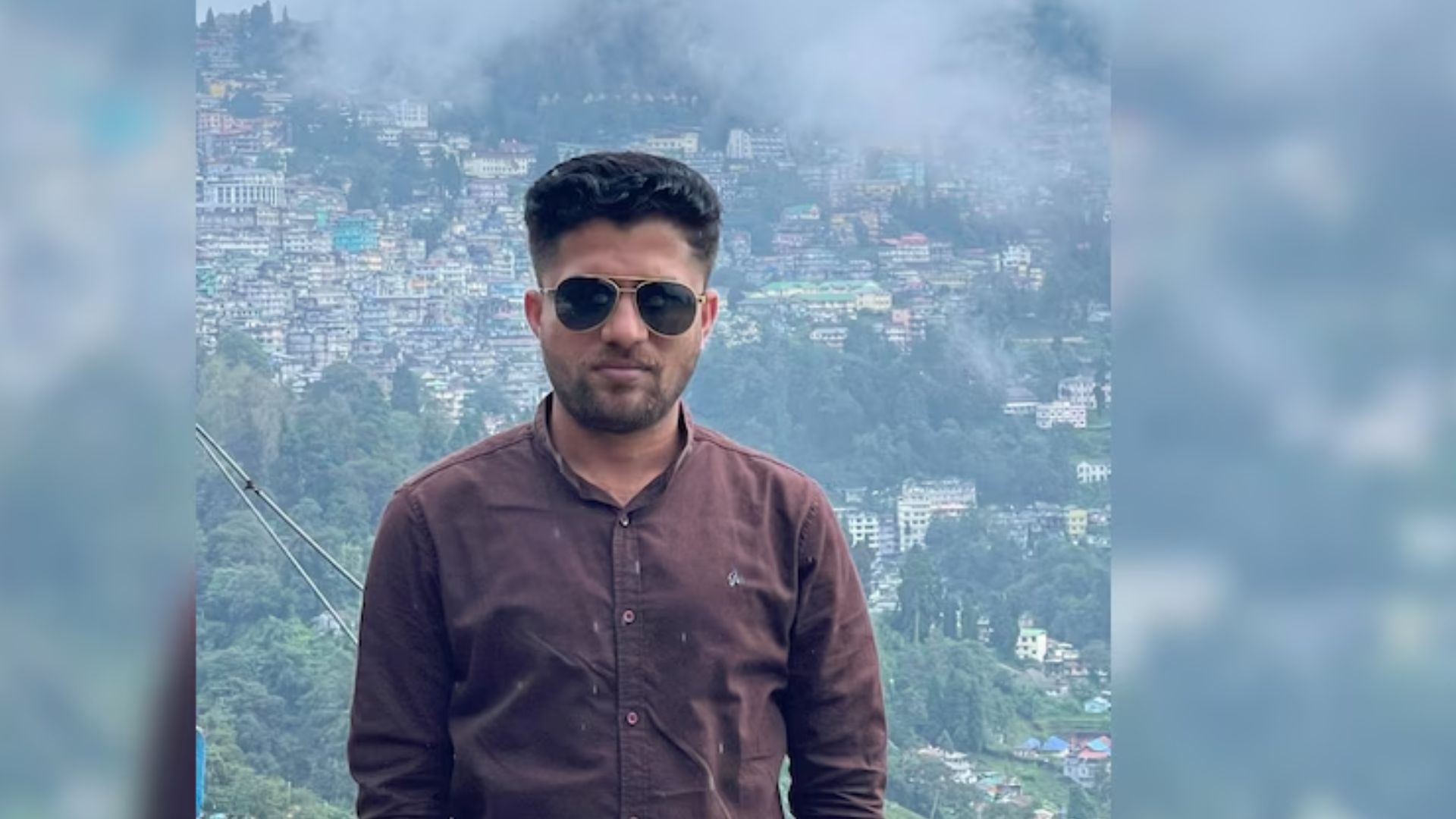The Special Investigation Team (SIT) of Chhattisgarh Police, investigating the brutal killing of Bijapur-based journalist Mukesh Chandrakar, has revealed that he was killed by the accused for reporting on the substandard quality of government
As per the police investigation, the murder was planned at least 4–5 days in advance. Mukesh was killed by two of the four accused, Ritesh Chandrakar and Mahendra Ramteke, on 1 January after being lured to a predetermined location under false pretences at a site owned by the main accused, Suresh Chandrakar, which had 17 rooms for workers to stay in. The other accused in the case is Dinesh Chandrakar. All four have been arrested by the 11-member SIT.
Mukesh was killed between 8:30 PM and 10:00 PM on 1 January using rods in Room No. 11, and his body was hidden in a newly constructed septic tank on the premises. His body was found on 3 January. The rod used in the killing was later hidden in the forest near the Neelam Sarai stream.
One of the accused is related to Mukesh, specifically as his cousin brother.
As per the SIT, the accused, after killing Mukesh, attempted to misdirect the police. They took his two mobile phones, destroyed them, and threw the remains into the Tumnar River, intending to create the impression that Mukesh had either accidentally drowned or jumped into the river.
Police also stated that a large amount of money withdrawn by Suresh Chandrakar from his bank account on December 27 (two days after the said media report on poor-quality roads was aired, and four days before Mukesh was murdered) is also under investigation. The SIT is conducting a detailed inquiry into the matter.
According to officials, Suresh Chandrakar had planned to remain outside during the incident so as not to arouse suspicion.
The police closely analyzed call detail records of more than 100 mobile numbers, interrogated more than 50 people, and used Artificial Intelligence (AI) and Open Source Intelligence (OSINT) tools to identify the accused. Assistance was also taken from police in three neighboring states—Odisha, Maharashtra, and Telangana—to zero in on the accused. All three states share geographical boundaries with Chhattisgarh.

